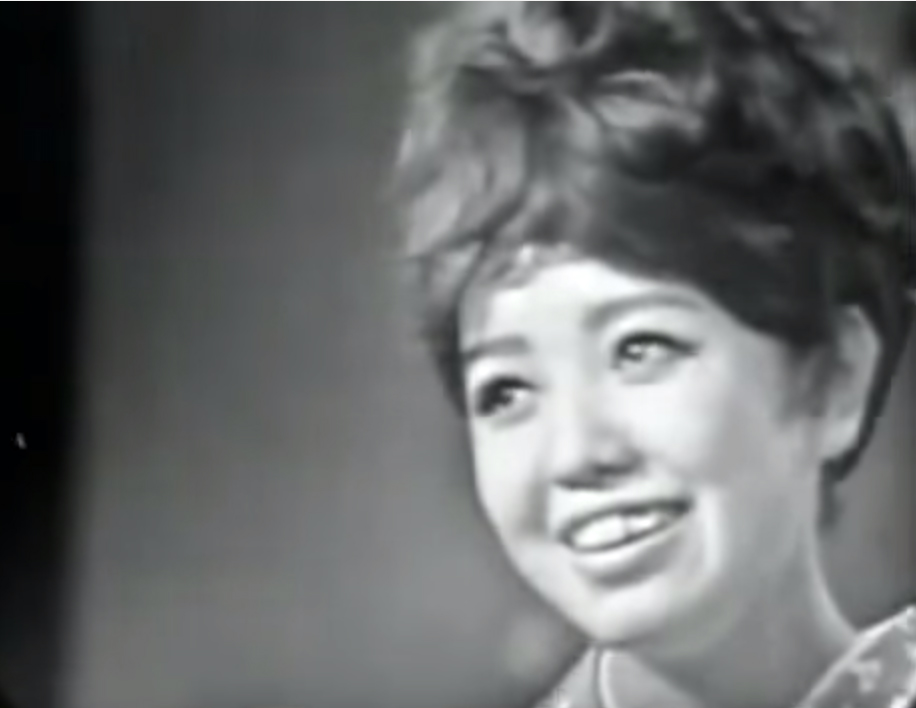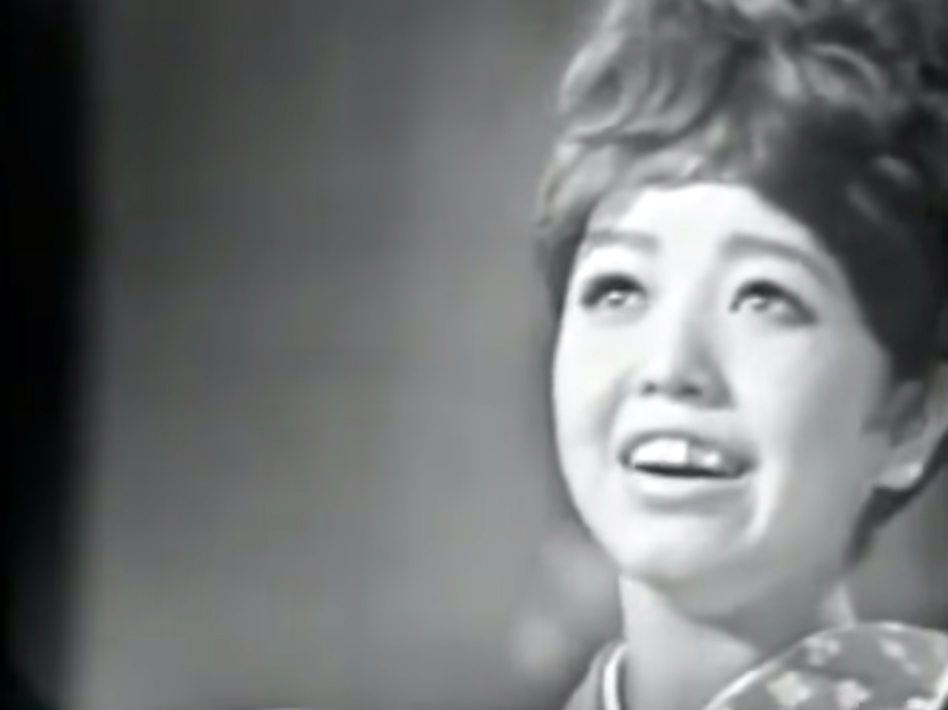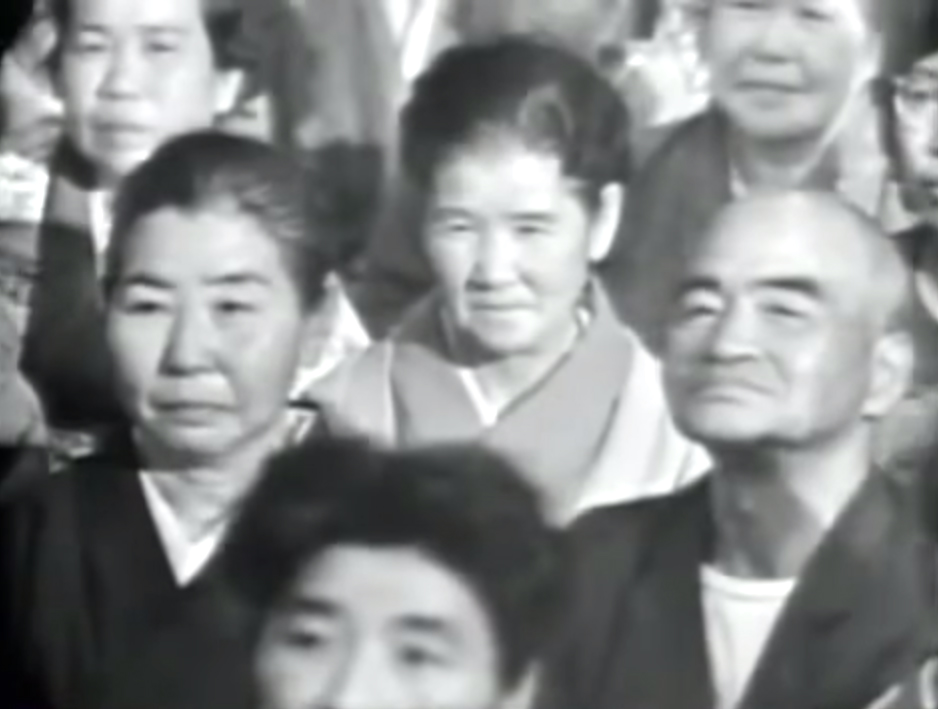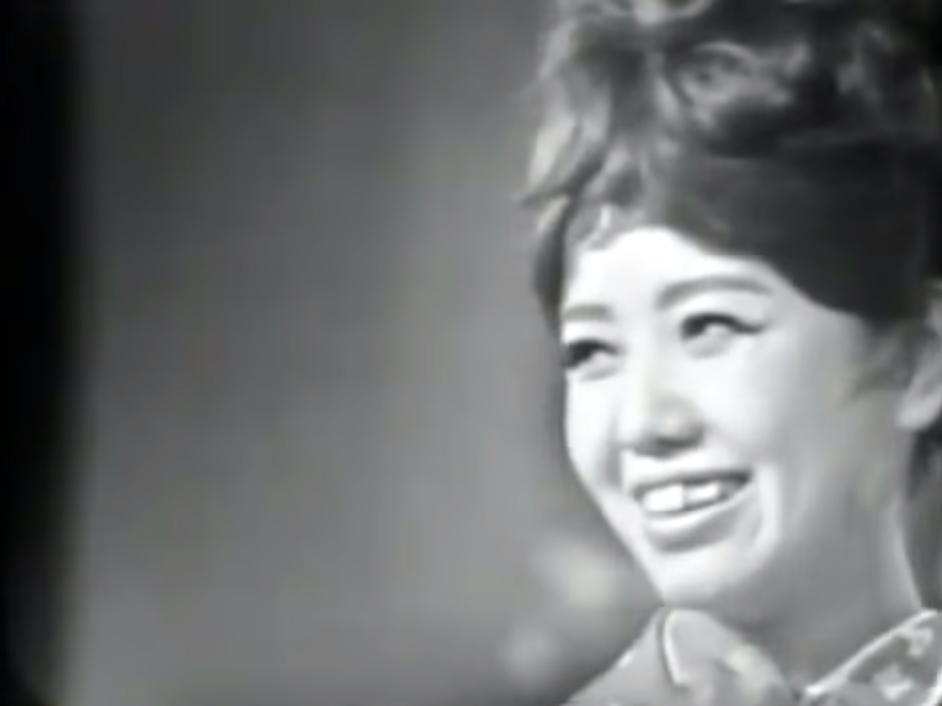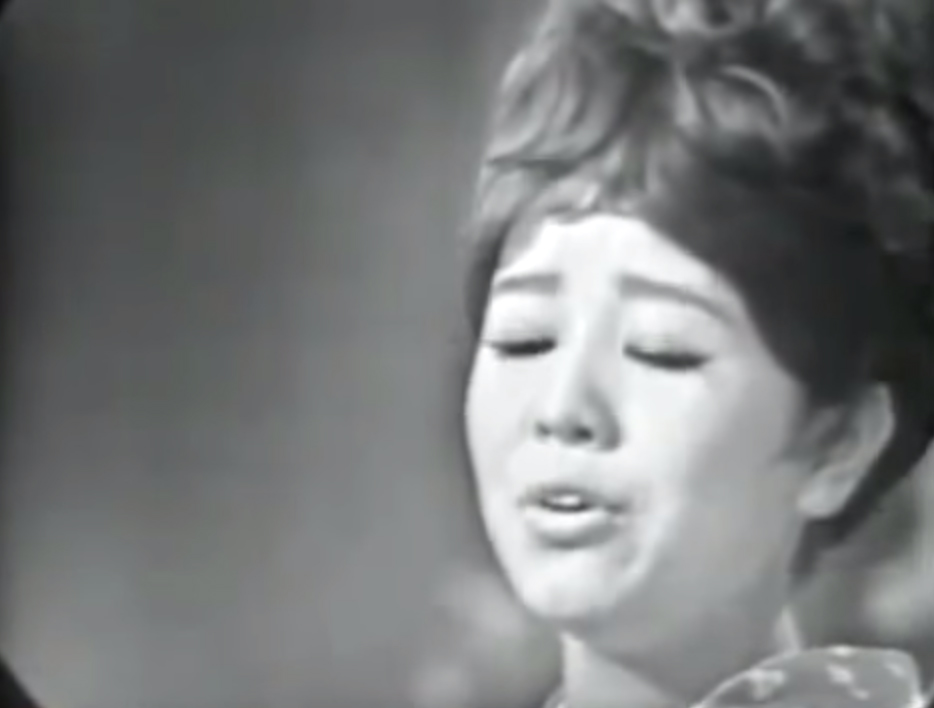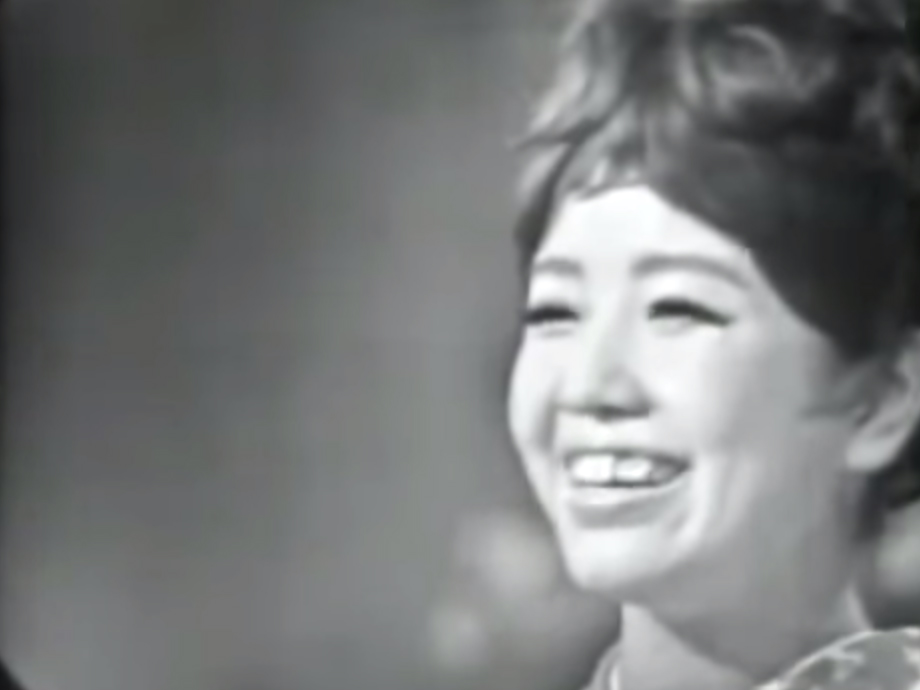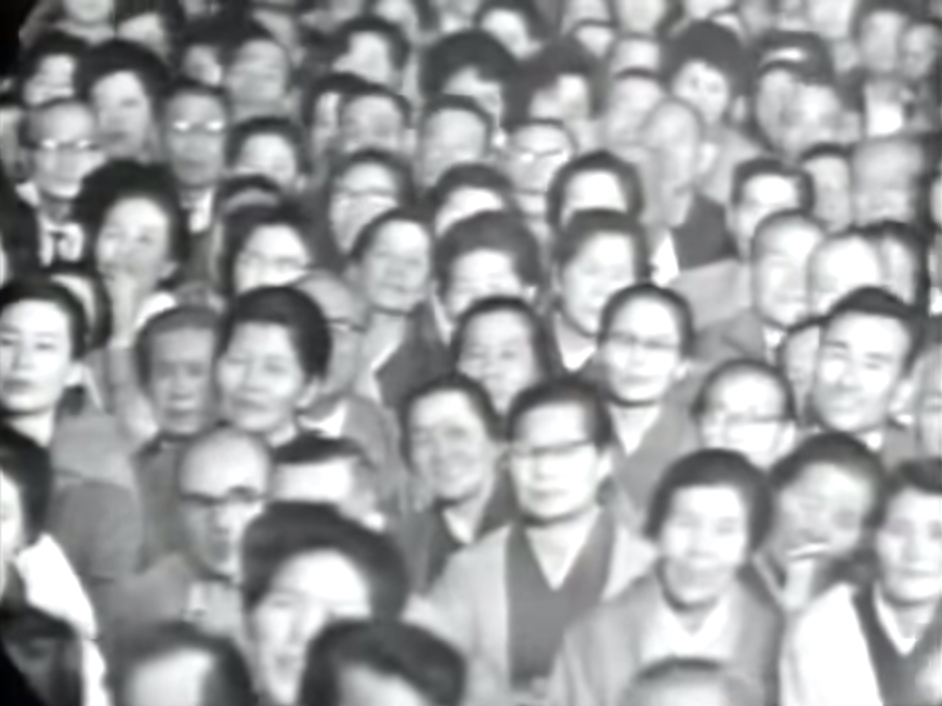My first trip to Asia was in 2006. It was also my first 10+ hour flight, and as the plane was approaching Narita, I thought I would play the music channel in the “Welcome to Japan” selection, as specially selected by JAL. So it was in a rather “youthful irony” that I started listening to this mix, for the novelty of it all. Looking out the window, seeing all new things, exhausted, the music played.
I can’t remember anything else from that moment except for when a playfully articulated orchestral song started to play. The fidelity of the recording suggested its substantial age. As soon as Harumi Miyako’s voice (I would only, much later, discover her name) hit its first guttural rise, I instantaneously and uncontrollably began to sob. It had nothing to do with happiness or sadness, and I didn’t seem to have any conscious reason for the tears, but there I was, tears falling and feeling a deep tension in my chest.
If I described the music beyond her sometimes-tender-sometimes-fearless voice/growl, I would be going beyond my abilities to describe, not to mention beyond description’s usefulness. Which, expanding on this thought, is one of the greatest aspects of music - the uselessness of words or any sort of description. At those moments, it’s only real-time sympathetic movements and reactions that are relevant (in this song’s case, tears...in others’, dancing, sleeping...).
Maybe you hear this song and are unmoved or unsure about my description. This is another of the greatest and most frustrating aspects of music (and other expressive art forms) - a composition’s ability to move one to tears while, at the same time, leaving another unaffected. It’s an aspect I initially felt betrayed by, only to later accept the beauty of true isolation. Whether it’s some sort of sympathetic vibration at work, or if it’s my subconsciousness playing a leading role in this song’s ability to hit my chords, I’m not sure. But, there’s that.
Watch her sing it live in 1966 to a captive audience.






